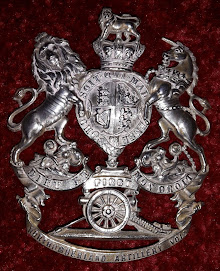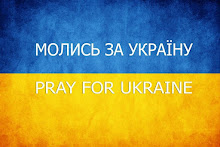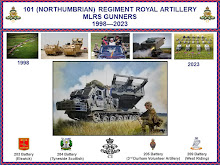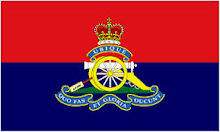 |
| North Esplanade Guernsey St Peter Port |
Located in St Peter Port near the North Esplanade is St Julians Pier. On the pier are a number of plaques that commemorate events relating to the German Occupation of the Channel Islands 1940-45. The main memorial is the Liberation Memorial.
In June 1940, following the fall of France, the decision was taken to demilitarise the Channel Islands and evacuate civilians. Those that left Guernsey would have departed form the Quays on which a commemoration plaque is located.
 |
| Guernsey Evacuation Commemoration |
On the 28th June 1940 the German Luftwaffe conducted an armed reconnaissance raid on the Channel Islands, unaware that the Islands had been demilitarised. They bombed the harbours in Guernsey and Jersey. The air raid on St Peter Port killed 34 people.
 |
| Air Raid St Peter Port 28th June 1940 |
 |
| Guernsey Air Raid Commemoration June 28th 1940 |
In October 1940 the Germns issued their first anti-Jewish Order. Most of the Jewish citizens of Guernsey had been evacuated, those that remained, 18 people, were required to register with the German authorities. Restrictions were placed upon those people, including closing businesses, confiscation of radios and curfews.
On 21st April 1940, three Jewish women, who had fled to Guernsey in 1930s to escape persecution, were deported to France. Later, in 1942 they were shipped to Auschwitz where they died.
 |
| Guernsey Jewish Deportation Commemoration |
In retaliation for the expelling of German citizens in Soviet / British controlled Persia during the Summer of 1942, Hitler issued orders for the deportation of citizens from the Channel Islands. Those residents who were not born in the Channel Islands were liable for deportation.
The memorial records that 1,003 citizens of Guernsey and Sark were deported and lists the 16 , men, women and children who died in captivity.
 |
| Guernsey Deportees Commemoration |
The opportunities for resistance in the Channel Islands was limited. The Germans outnumbered the Islanders and the small size of the Islands meant there was no where to hide, consequently aggressive resistance was not practical.
Acts of Resistance were confined to minor acts of sabotage, listening to the BBC, and disseminating news. Help was also provided to British Commandos involved in reconnaissance of the Islands and to the forced labourers on the Islands.
Seven Guernsey residents died in captivity after being deported for Resistance activities.
 |
| Guernsey Resistance Commemoration |
Source: BBC
Sidney Ashcroft - convicted of serious theft and resistance to officials in 1942. He is thought to have died after a selection of weak prisoners were taken from Straubing prison, Germany, on 24 April 1945
Occupation finally ended when the Channel Islands were liberated on 9th May 1945.
 |
| Liberation Troops arrive at Victoria Pier 9th May 1945 |
 |
| Guernsey Liberation Memorial |
 |
| Guernsey Liberation 60th Anniversary Commemoration Stone |





























